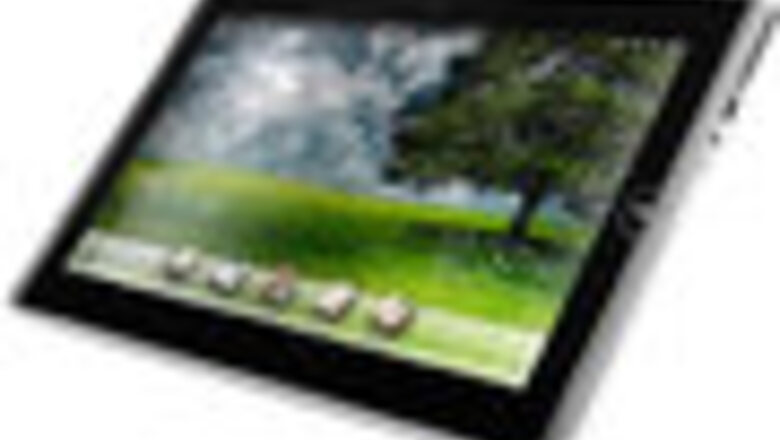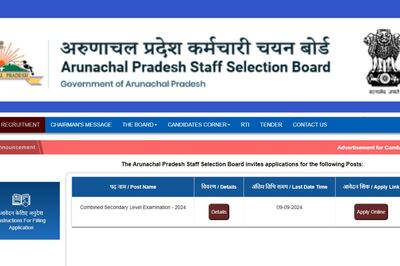
views
Taipei: Microsoft expects to grow its share of the tablet PC market as it did in netbooks as users look for software that fits the existing ecosystem, a senior executive said on Tuesday, even as rivals such as Apple begin making inroads into the sector.
Most netbook PCs initially ran on the lower-cost, open-source Linux system when they were first introduced by Taiwan's Asustek in 2007, but Microsoft eventually went on to dominate the sector with more than 90 percent of all netbooks now running on Windows.
"Having watched this movie play before, there's some consistency in the themes," corporate vice-president for original equipment manufacturing Steve Guggenheimer told Reuters in an interview.
"You get a lot of noise, you get a lot of energy around the alternatives, but then when people start selling these machines, and it can't quite do what the consumers want, your printer doesn't work, retailers get returns, then that's when it's hard."
Research firm Gartner says it expects some 10 million tablet PCs to be sold this year as consumers begin embracing such devices, which include Apple's iPad, Dell's upcoming Streak and Asustek's Eee Pad, which it launched this week.
Microsoft also said it is now seeing signs of a pick-up in corporate demand, with 45 percent of the chief information technology officers it spoke to ready or preparing to deploy its latest Windows 7 system.
"We're starting to see that commercial refresh," Guggenheimer said. "There's really good energy on the commercial side, but it hasn't caught up with the level of the consumer yet."
Top PC brands that are heavily dependent on corporate demand such as Lenovo and Dell have said they are seeing signs of growing corporate demand, as companies still running on the decade-old Windows XP system upgrade their software.
Guggenheimer was also sceptical of Google's chances with smartphones, as its Android system did not have a common platform that could cut across different handset brands and manufacturers.
"When you write an app for Windows, it can immediately reach hundreds of millions of users," he said. "The challenge for Android is that (software developers) will need to have multiple versions for each individual phone."
Android is Google's open-source operating system for smartphones. Makers such as HTC and Samsung Electronics can modify the software to meet their own needs.
The Android system took fourth place from Microsoft in the smartphone operating system market during the first quarter of this year, research firm Gartner said in May, putting the company in a good position as handsets look set to surpass PCs for web browsing.



















Comments
0 comment